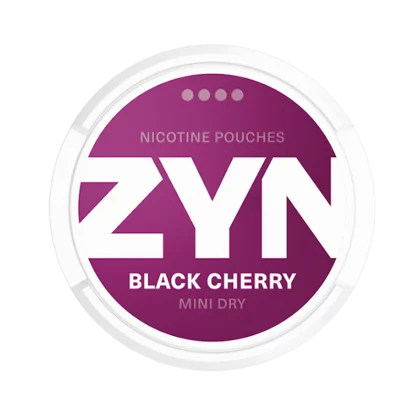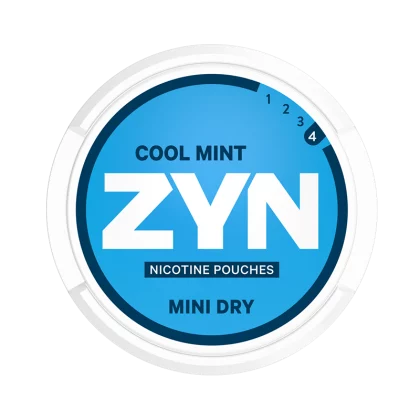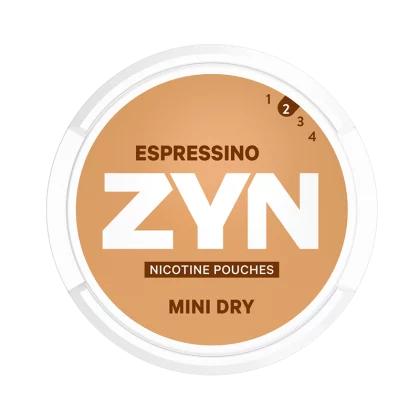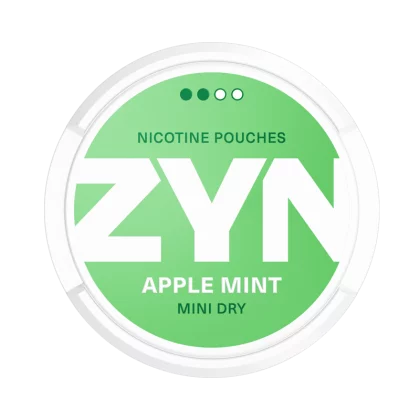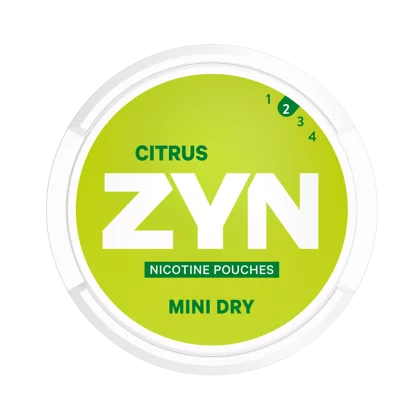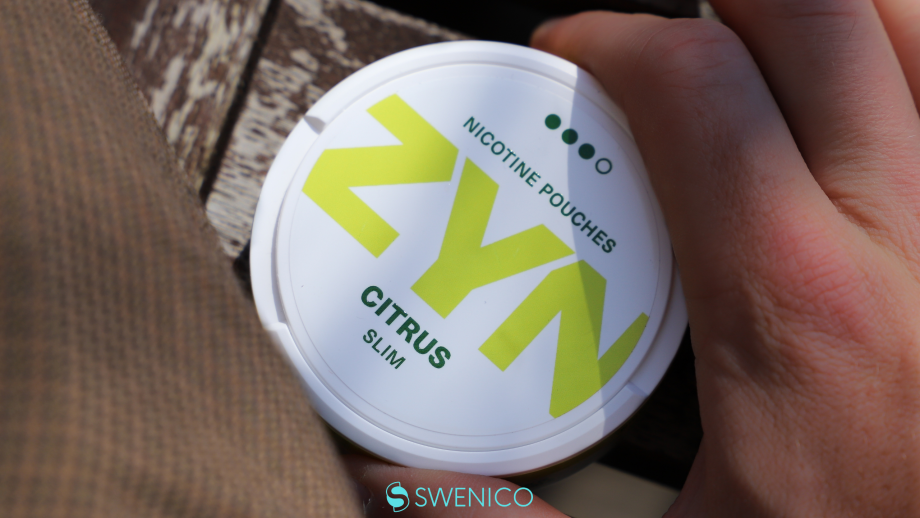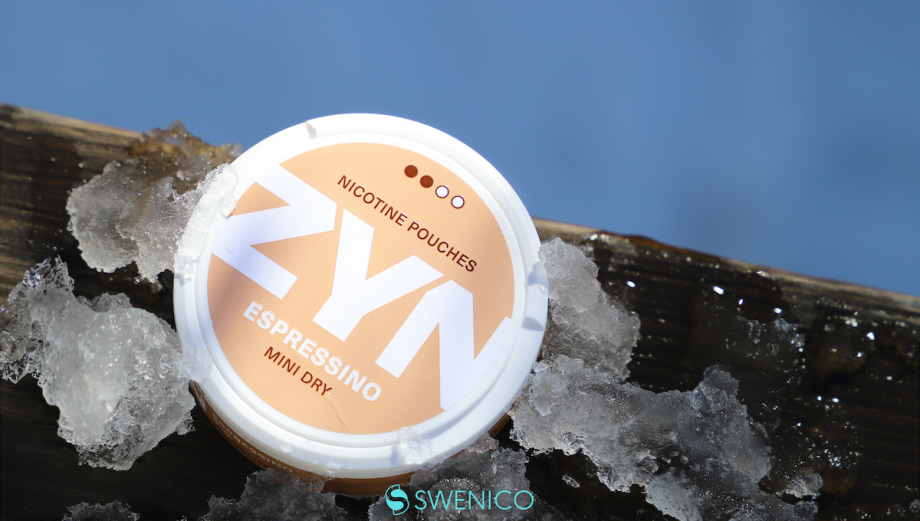The use of nicotine pouches has gained significant popularity in recent years, emerging as a popular alternative to traditional tobacco products. It has gained immense popularity as a smoke-free alternative to cigarettes and potentially an alternative that can help reduce the number of smokers globally – if legislations take a risk-reduction approach.
Nicotine pouches are discreet, smokeless products that deliver nicotine to users through oral absorption. Nicotine pouches come in small pre-packed pouches that are placed under the upper lip and are used in the same way as traditional Swedish Tobacco Snus. The key difference between these two products is the fact that nicotine pouches do not contain any tobacco.
As with any substance that enters the body, it is crucial to examine the potential effects it may have. One such concern is whether nicotine pouches can raise blood sugar levels.
Blood sugar regulation plays a vital role in maintaining overall health, particularly for individuals with conditions such as diabetes or prediabetes. Fluctuations in blood sugar levels can have profound consequences on metabolism, energy levels, and long-term health outcomes. Given the increasing use of nicotine pouches and the potential impact of nicotine on the body, it becomes essential to explore whether there is a relationship between nicotine pouches and blood sugar levels.
Understanding Nicotine Pouches
Nicotine pouches are a type of smokeless nicotine product that has gained popularity in recent years. They consist of small, discreet pouches filled with nicotine, flavorings, and other food-grade ingredients. Unlike traditional tobacco products, such as cigarettes or chewing tobacco, nicotine pouches do not require combustion or chewing. Instead, users place a pouch between their gum and upper lip, allowing the nicotine to be absorbed through the oral mucosa.

Nicotine pouches typically contain food-grade fillers, such as plant fibers or cellulose, which provide the pouch with its structure instead of tobacco. Nicotine, extracted from tobacco leaves, is the primary active ingredient. Additionally, various flavorings, sweeteners, and pH adjusters may be included to enhance the sensory experience, balance the acidity levels of the pouch, and create a more enjoyable experience.
When a nicotine pouch is placed between the gum and upper lip, nicotine is released as it comes into contact with saliva. The nicotine then enters the bloodstream through the oral mucosa, bypassing the lungs and avoiding the inhalation of smoke or vapor. This method of delivery allows for a rapid onset of nicotine effects without the need for combustion.
The oral absorption of nicotine through nicotine pouches differs from the inhalation of nicotine from cigarettes or e-cigarettes.
Link Between Nicotine and Blood Sugar
Before delving into the potential impact of nicotine on blood sugar levels, it is crucial to understand the significance of blood sugar regulation for overall health. Blood sugar, or glucose, serves as the primary source of energy for the body’s cells. It is tightly regulated to ensure that cells receive a constant supply of fuel for optimal functioning.
The body employs a sophisticated system involving hormones, primarily insulin and glucagon, to maintain blood sugar levels within a narrow range. Insulin facilitates the uptake of glucose from the bloodstream into cells, lowering blood sugar levels, while glucagon stimulates the release of stored glucose when levels drop too low.
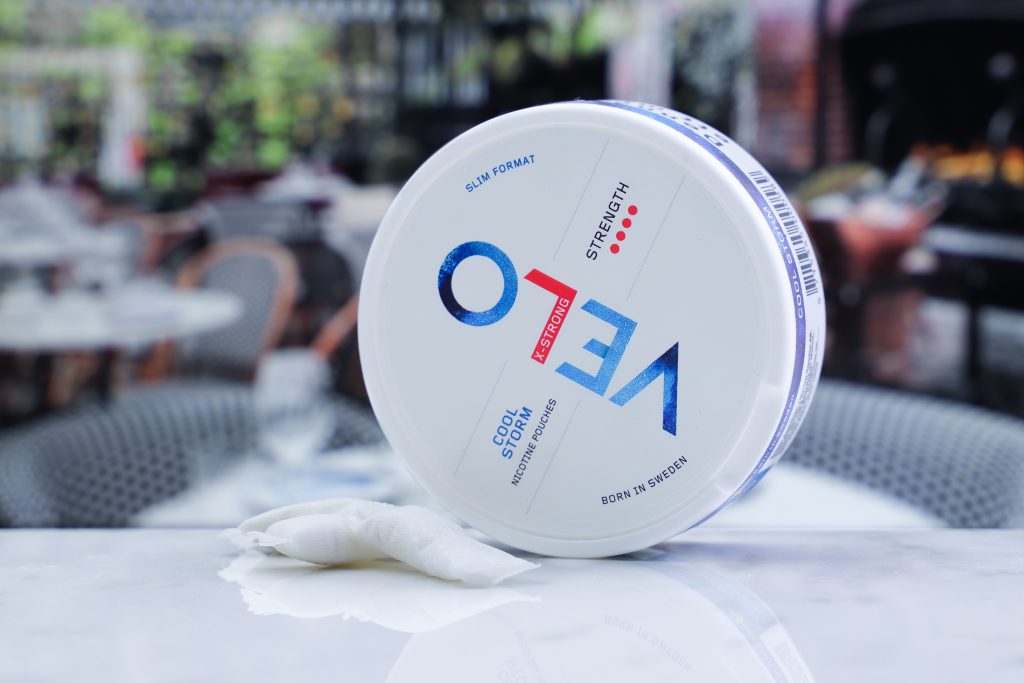
Research exploring the relationship between nicotine and blood sugar levels has yielded varying results. Some studies suggest that nicotine may have the potential to raise blood sugar levels. Nicotine stimulates the release of catecholamines, such as epinephrine and norepinephrine, which can increase blood sugar levels by promoting the breakdown of stored glycogen in the liver.
However, it is essential to note that the impact of nicotine on blood sugar levels may depend on various factors, including dosage, duration of exposure, and individual metabolic differences. Some studies have reported no significant effect of nicotine on blood sugar levels or even observed lower blood sugar levels in certain circumstances. With this said, studies are not unanimous on this topic so there’s no definite conclusion on the correlation between nicotine and blood sugar.
The exact mechanisms through which nicotine may influence blood sugar regulation are not yet fully understood. However, several plausible pathways have been proposed. Nicotine’s ability to stimulate the release of catecholamines, as mentioned earlier, can lead to increased glycogen breakdown in the liver, resulting in elevated blood sugar levels. Additionally, nicotine may affect insulin sensitivity or interfere with insulin secretion, potentially impacting blood sugar control.
Moreover, nicotine can stimulate the release of cortisol, a stress hormone that can also raise blood sugar levels. The intricate interplay of these physiological processes and the complex nature of nicotine’s effects on the body contribute to the ongoing scientific inquiry into the relationship between nicotine and blood sugar levels.
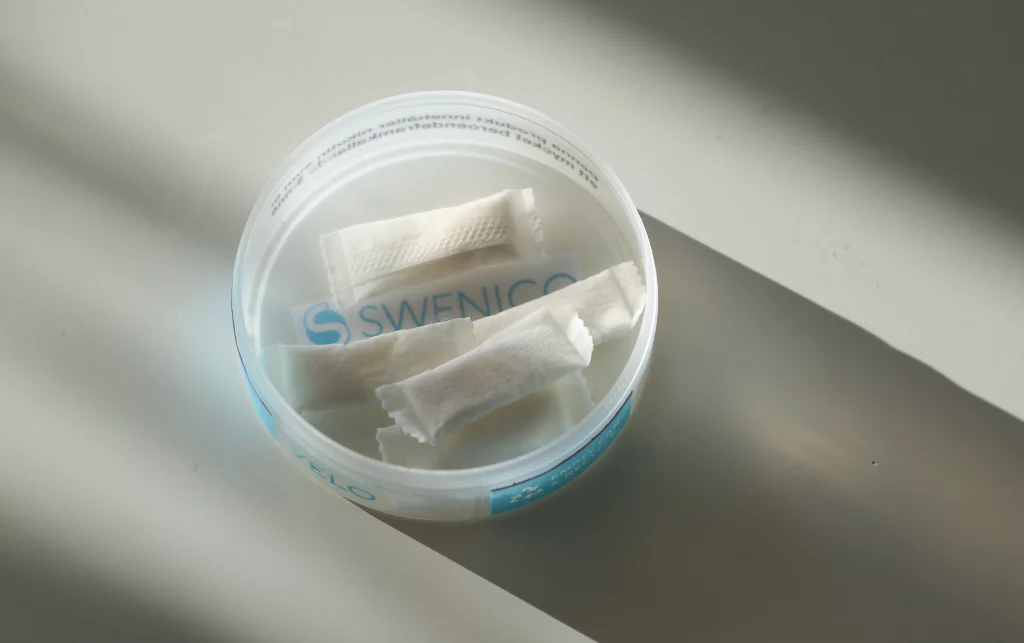
Sugar Content in Nicotine Pouches and Blood Sugar Regulation
The most relevant point when discussing nicotine pouches and blood sugar is whether or not nicotine pouches contain sugar. This is the most common question related to this topic.
But the short answer to this question is that nicotine pouches do not use sugar as it would be bad for the teeth to consistently be exposed to sugar. Instead, nicotine pouches use various sweeteners to give them a sweeter and more enjoyable flavor. And artificial sweeteners do not affect the blood sugar levels in the body.
Unlike many traditional smokeless tobacco products, nicotine pouches typically do not contain any sugar. Instead, they use artificial sweeteners and natural flavorings to enhance the taste experience for users. These sweeteners are designed to provide a similar sensory perception to sugar but do not have the same effect on blood sugar levels.
Artificial sweeteners used in nicotine pouches, such as sucralose or aspartame, are non-nutritive and do not contribute calories or significantly impact blood sugar levels. They are generally considered safe for consumption and are widely used in various food and beverage products as sugar substitutes.
Therefore, while nicotine pouches may provide a sweet taste, they do not directly contribute to blood sugar spikes due to the absence of sugar in their composition.
By highlighting the absence of sugar in nicotine pouches and the use of sweeteners instead, we can further emphasize that the potential impact of nicotine pouches on blood sugar levels would primarily be driven by nicotine itself, rather than sugar content. Understanding this distinction helps provide a clearer picture of how nicotine pouches may or may not affect blood sugar regulation.
Evaluating the Evidence
To determine the potential effects of nicotine pouches on blood sugar levels, it is crucial to evaluate the available scientific literature. Numerous studies have investigated the relationship between nicotine and blood sugar regulation, albeit with varying methodologies and outcomes.
Some studies have reported a correlation between nicotine use, including nicotine replacement therapies, and increased blood sugar levels but as stated earlier, the conclusions are not unanimous. Some findings suggest that nicotine may disrupt glucose metabolism and impair insulin sensitivity, leading to elevated blood sugar levels. However, it is important to note that these studies often involve different populations, durations of nicotine exposure, and methods of nicotine delivery.
Some studies have reported conflicting results or found no significant impact of nicotine on blood sugar levels. These studies highlight the complexities of nicotine’s effects on glucose metabolism and underscore the need for further research to elucidate the relationship more comprehensively.
It is worth considering that variations in study design, participant characteristics, nicotine dosage, and duration of exposure can contribute to inconsistent findings. Furthermore, individual differences in metabolic response to nicotine and genetic factors may also play a role in the diverse outcomes observed across studies.
By critically analyzing the existing scientific evidence, taking into account the different outcomes and potential confounding factors, we can gain a more nuanced understanding of the potential effects of nicotine pouches on blood sugar levels. It is important to interpret these findings cautiously and recognize the need for further research to establish clearer conclusions.
Factors Influencing Blood Sugar Levels
When examining the potential impact of nicotine pouches on blood sugar levels, it is essential to consider other factors that can influence glucose metabolism. Blood sugar regulation is a complex interplay of various physiological processes and external factors.
Diet and Exercise: The foods we consume and our level of physical activity have a significant impact on blood sugar levels. Carbohydrate-rich foods, especially those high in refined sugars, can cause blood sugar spikes, while fiber-rich foods and complex carbohydrates provide a slower, more stable release of glucose. Regular physical activity can enhance insulin sensitivity and improve blood sugar control.
Stress and Hormonal Factors: Stress and hormonal fluctuations can affect blood sugar regulation. During periods of stress, the body releases stress hormones such as cortisol, which can increase blood sugar levels. Hormonal imbalances, such as those occurring with certain medical conditions or medications, can also impact blood sugar regulation.
Medications and Health Conditions: Certain medications, such as corticosteroids or beta-blockers, may influence blood sugar levels. Additionally, underlying health conditions like diabetes, prediabetes, or hormonal disorders can affect glucose metabolism and require careful management.
Conclusion
In conclusion, the relationship between nicotine pouches and blood sugar levels is a topic that warrants careful examination. While the scientific literature presents varying findings, some studies find that nicotine has the potential to influence blood sugar regulation through mechanisms such as increased glycogen breakdown, altered insulin sensitivity, and the release of stress hormones. However, it is certain that nicotine pouches do not increase blood sugar levels in the way people often think which is with their sweet flavors. Since nicotine pouches do not contain any sugar, the sweet flavor does not affect blood sugar levels.
It is important to interpret these findings in the broader context of individual differences, dosage, duration of exposure, and potential interactions with other factors influencing blood sugar levels. Lifestyle choices, such as diet and exercise, along with medications and underlying health conditions, play significant roles in blood sugar regulation and may interact with nicotine use.
Considering the available evidence, individuals with diabetes or prediabetes should be cautious about the potential impact of nicotine pouches on their blood sugar levels. Close monitoring, in consultation with healthcare professionals, is essential to ensure optimal management of their condition.
Further research is needed to better understand the precise mechanisms by which nicotine affects blood sugar regulation and to explore the long-term implications of nicotine pouch use on blood sugar levels.
Popular nicotine pouches
-
ZYN Cool Mint Mini Dry Normal 3mgPrice is hidden
-
VELO Freeze MAXPrice is hidden
-
ZYN Mini Black Cherry 6 mgPrice is hidden
-
ZYN Cool Mint Mini Dry Extra StrongPrice is hidden
-
ZYN Espressino Mini Dry Normal 3mgPrice is hidden
-
Zafari Desert Mint 4mgPrice is hidden
-
VELO Ice Cool Mint Strong SlimPrice is hidden
-
ZYN Apple Mint Mini Dry 3mgPrice is hidden
-
ZYN Citrus Mini Dry Normal 3mgPrice is hidden




